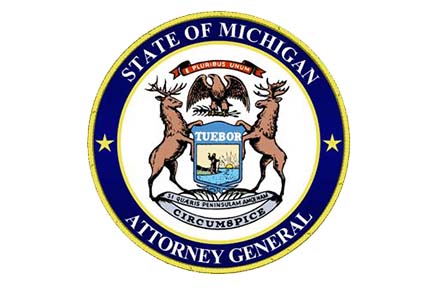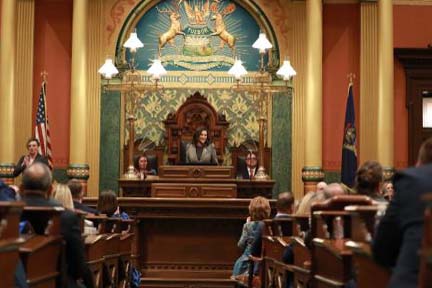Written Saturday February 22nd at 9:05 AM

Final Boys poll.
Boys
1. Groves 17-5: Falcons know what’s ahead of them in the district finals.
2. Avondale 15-7: Yellow Jackets have been really impressive in first year in Red.
3. Oxford 21-1: It’s been an incredible year for the Wildcats.
4. Clarkston 15-7: Wolves staring Avondale in the face as we speak.
5. Lake Orion 15-7: Dragons have their confidence back heading into the postseason.
6. Farmington 16-5: Falcons looked shaky against Oak Park, can’t have that come postseason time.
7. Rochester 17-5: Falcons could have Adams staring at them in the district final.
8. North Farmington 12-9: Raiders need Rob Smith to perform in the postseason.
9. Ferndale 9-13: Eagles looking at Detroit Pershing as we speak.
10. Royal Oak 13-9: How do you lose to Romeo, Ravens???
11. Bloomfield Hills 13-9: Mason Canfield and D’Ron Mason are stars in the making.
12. Troy 10-12: Colts confidence is a bit shaken after rough loss to Seaholm.
13. Adams 7-15: Highlanders are the most dangerous team in their district.
14. Troy Athens 7-15: Red Hawks looking to get revenge on their arch rivals in the postseason.
15. West Bloomfield 5-16: Lakers are better than their record indicates.
16. Pontiac 12-9: Phoenix riding with some confidence heading into the postseason.
17. Seaholm 5-17: Maples might be the hottest team right now heading into the postseason.
18. Oak Park 6-11: Knights have been really inconsistent.
19. Ferndale University 9-11: Eagles preparing for Hazel Park as we speak.
20. Southfield Arts and Tech 7-15: Warriors win at Stoney Creek is a confidence boost.
21. Stoney Creek 10-11: Losses to Ferndale University and Southfield Arts and Tech is not a good sign.
22. Berkley 5-17: How do you lose to Bloomfield Hills Cranbrook-Kingswood Bears???
23. Harper Woods 3-16: Pioneers had a rough week, now it’s Eastpointe.
Girls
1. Clarkston 15-6: Wolves riding with a ton of confidence right now.
2. Rochester 17-3: Falcons riding into the postseason with confidence.
3. Avondale 16-4: Despite loss to Chippewa Valley, the Yellow Jackets are fine.
4. West Bloomfield 12-8: Sheridan Beal is the real deal.
5. Stoney Creek 13-6: Cougars have been treading water lately.
6. Lake Orion 11-10: Congrats Izzy Wotlinski on 1,000 career points.
7. Oxford 7-14: Wildcats have been competitive despite rough season.
8. Southfield Arts and Tech 13-7: Warriors could be very dangerous come postseason time.
9. Berkley 13-7: Bears are in a really interesting spot this postseason.
10. Seaholm 12-9: Maples are the team to watch this postseason.
11. Bloomfield Hills 8-10: Blackhawks have been really competitive despite two tough losses.
12. Groves 5-14: Harlem Simpson is the real deal.
13. Ferndale 7-13: Forfeiting games is not the way despite beating Stoney Creek.
14. Royal Oak 9-11: Ravens have been a Jekyll and Hyde lately.
15. Adams 9-10: Highlanders starting to get their confidence back.
16. Harper Woods 8-8: Pioneers looking to gain confidence heading into the postseason.
17. Troy Athens 7-13: Red Hawks are still a Scooby Doo team.
18. Troy 6-13: Colts are a different team without Diamond Prince.
19. Farmington 8-12: Falcons loss to Walled Lake Western was not good.
20. North Farmington 5-13: Raiders have been playing tough opponents as of late.
21. Pontiac 9-6: Phoenix have been really competitive lately.
22. Ferndale University 8-6: Eagles getting a week to prepare for final stretch.
23. Oak Park 0-12: Knights struggling with confidence.

















